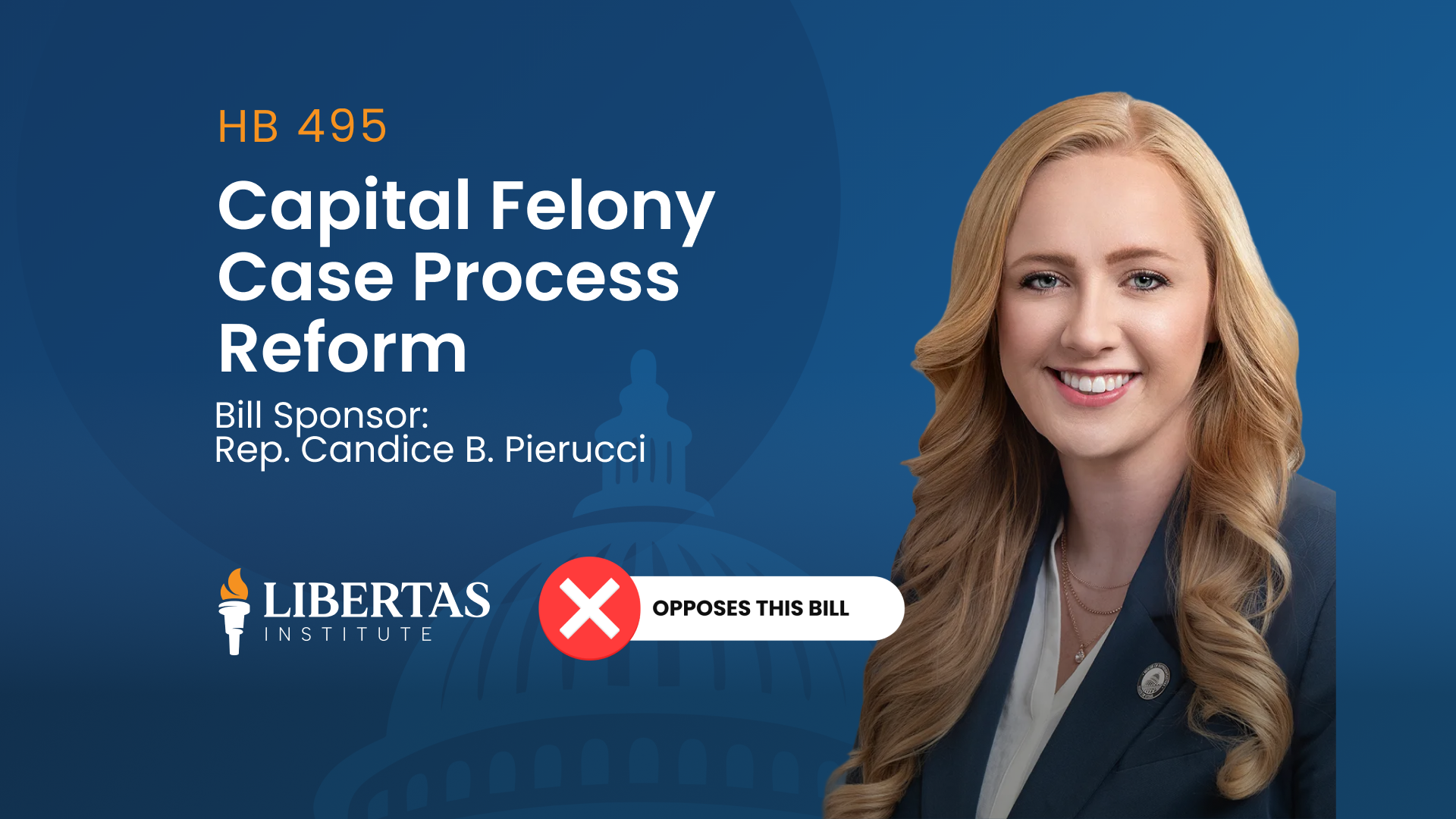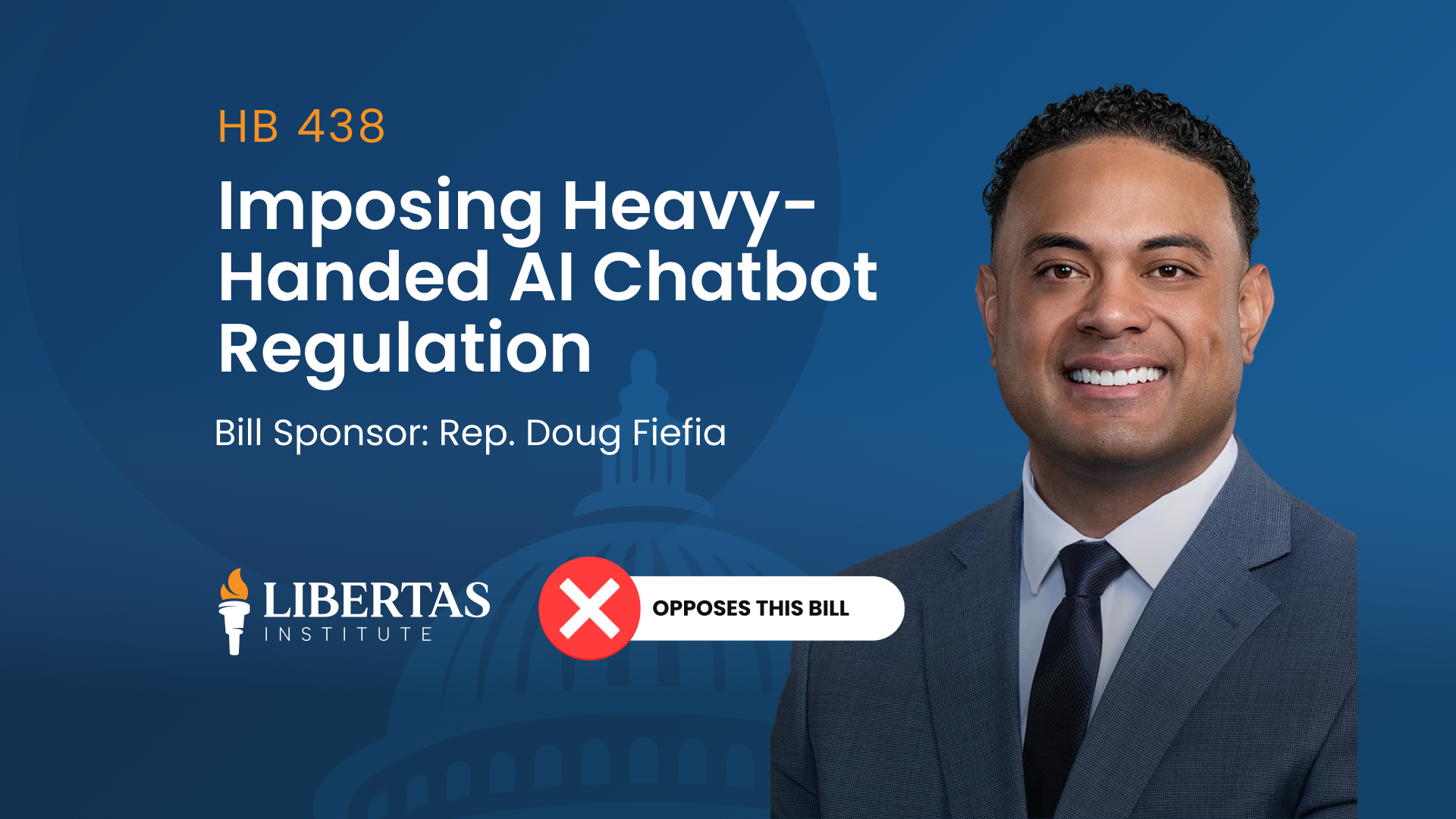This bill failed in committee.
Libertas Institute supports this bill.
Supporters of Libertas Institute are well aware of Utah’s recent controversy surrounding civil asset forfeiture in our state, whereby the Attorney General’s office deceived the entire legislature into undermining property rights by removing several provisions of law that restricted when the government may forfeit a person’s property.
While the subject of civil asset forfeiture has received national attention, including U.S. Attorney General Eric Holder’s recent announcement to modify when the federal government will partner with states to forfeit property, there remains much more opportunity for reform.
To that end, Representative Brian Greene has introduced House Bill 167 to further restrict the power of the state to forfeit a person’s property in absence of a criminal conviction.
Here are some highlights of the bill:
- Under this bill, a finding “that property has been used in the commission of criminal activity or is the proceeds of criminal activity” would require “a criminal conviction regarding the conduct giving rise to forfeiture of the property.” In other words, property could only be forfeited when it is directly related to a crime for which its owner is convicted—not merely because an officer suspects it was used, or was the result of, criminal activity.
- A complaint for civil forfeiture would require the prosecutor to state “a direct nexus between the seized property and the criminal conviction” and “a record of the conviction that constitutes a basis for forfeiture.”
- An innocent owner of property that was used by somebody else to commit at crime would “not have an obligation” to prevent its illegal use.
In short, seized property that law enforcement officials suspect of being associated with a crime would only be allowed to be forfeited (kept by the government for its use) in cases of a criminal conviction that has a direct connection to the property.
Given the rampant abuse nationwide of civil asset forfeiture—and the flimsy legal standards that have allowed innocent property owners to lose their cars, cash, homes, and other assets—it is important to protect property rights by appropriately restricting the government’s authority to seize and forfeit property. This bill takes Utah in that direction.




